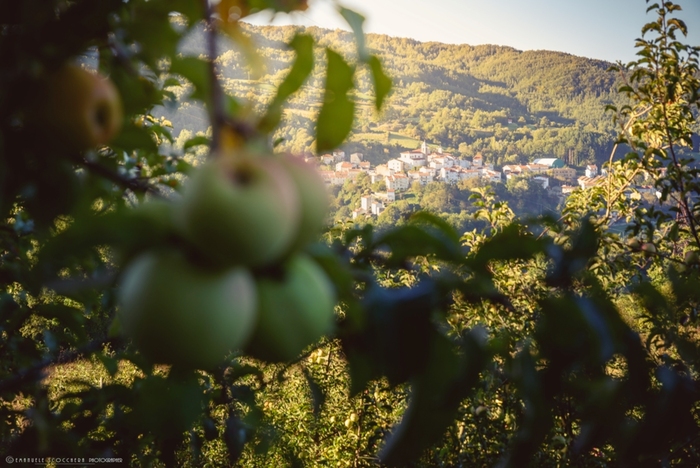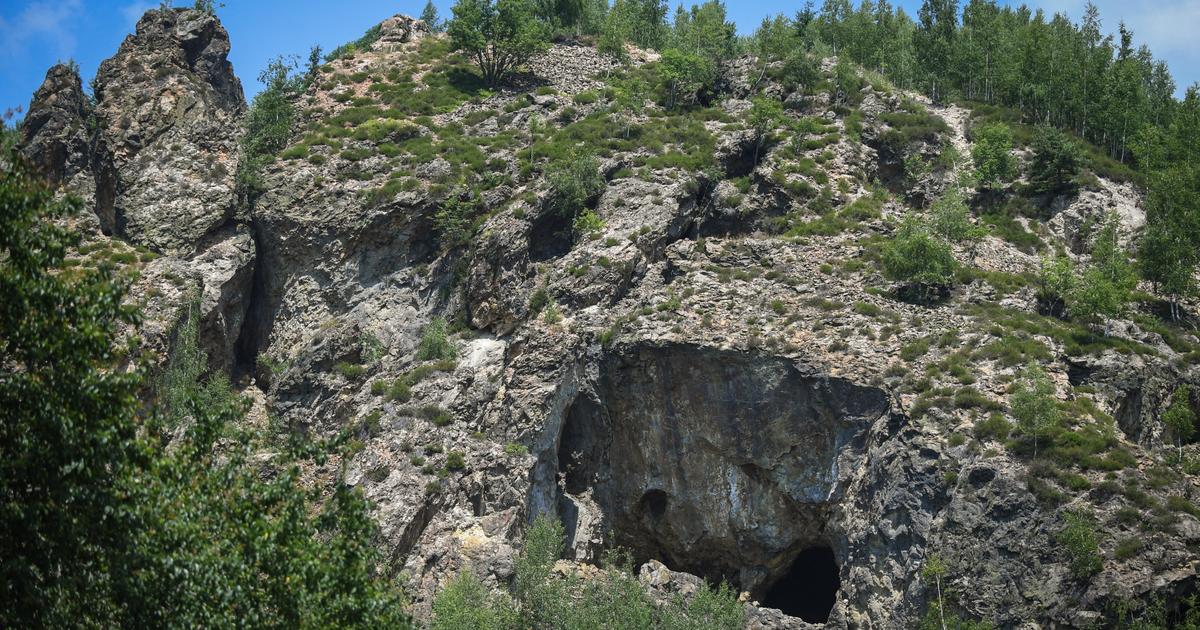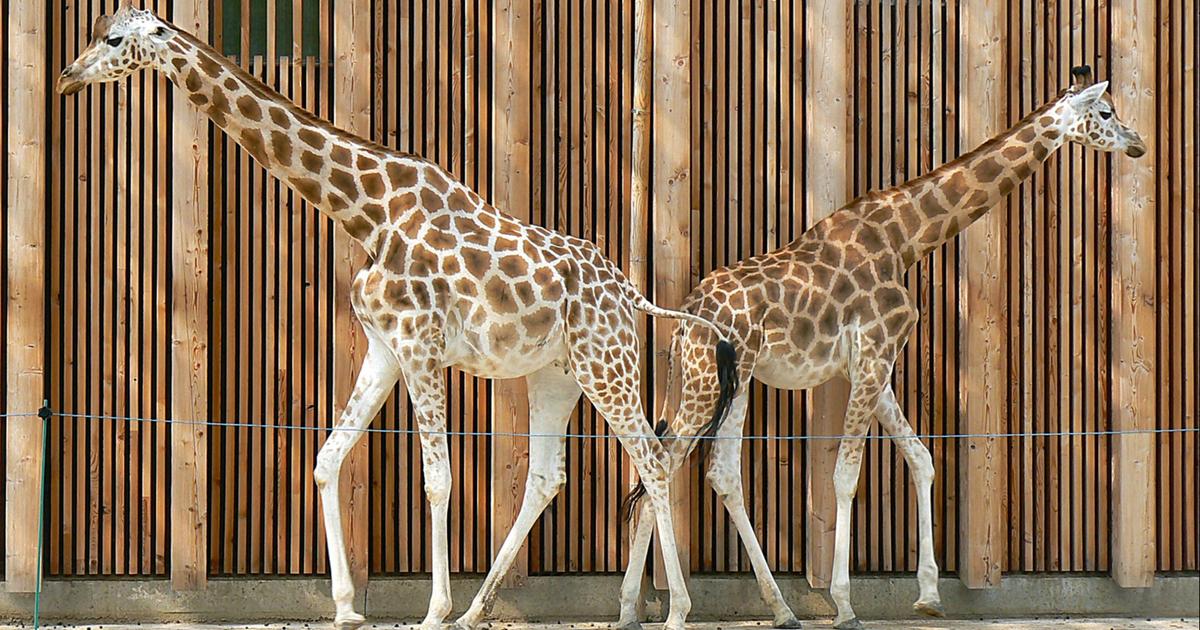Good news for the planet.
Unesco added 20 new sites in 21 countries to its global network of biosphere reserves on Wednesday.
Specially protected areas where the objective is to reconcile nature conservation and economic development.
New biosphere reserves are designated each year to promote sustainable development, protect terrestrial, marine and coastal ecosystems and encourage conservation.
Read alsoBiodiversity and climate: "To win on both counts, we must better protect natural spaces"
For the first time, Lesotho, Libya and Saudi Arabia have joined the list of countries hosting such reservations.
Other sites are located in Canada, France, Korea, Italy, Kazakhstan, Russia, Peru, Spain, Thailand, Uzbekistan and Vietnam.
"The International Coordinating Council of the Man and the Biosphere Program of Unesco has approved these additions as well as the extension or rezoning of two existing biosphere reserves (in Italy and Chile)", declared the agency in a press release.
Among the new approved sites, two are cross-border.
The Ubs Lake Basin Biosphere crosses Russia and Mongolia, and the Mura-Drava-Danube Reserve straddles five countries: Austria, Croatia, Hungary, Serbia and Slovenia. *
727 zones in the world, or 6% of the planet
Biosphere reserves are designated by governments and remain under their jurisdiction once approved.
With 25 sites approved last year, the latest additions bring the total number of reserves to 727 in 131 countries, an area covering almost 6% of the planet.
Two candidatures, those of Russia and Zambia, were deferred, specifies Unesco, and the two countries were invited to revise their proposal or to provide clarifications.
Five other sites, located in Gabon, Bulgaria, Romania and Russia, were removed from the list.
While in Nigeria, UNESCO Director-General Audrey Azoulay visited the Oban Biosphere Reserve, home to the critically endangered Cross River gorilla.
"Imminent collapse"
“The erosion of biodiversity is no longer a hypothesis, but a fact,” she said in a statement, warning of an “imminent collapse”.
"But this collapse is not inevitable: there is still time to make peace with the planet".
A draft treaty that will be discussed at an upcoming United Nations biodiversity summit in Kunming, China, proposes that 30% of the planet's land and oceans become protected areas by 2030.









